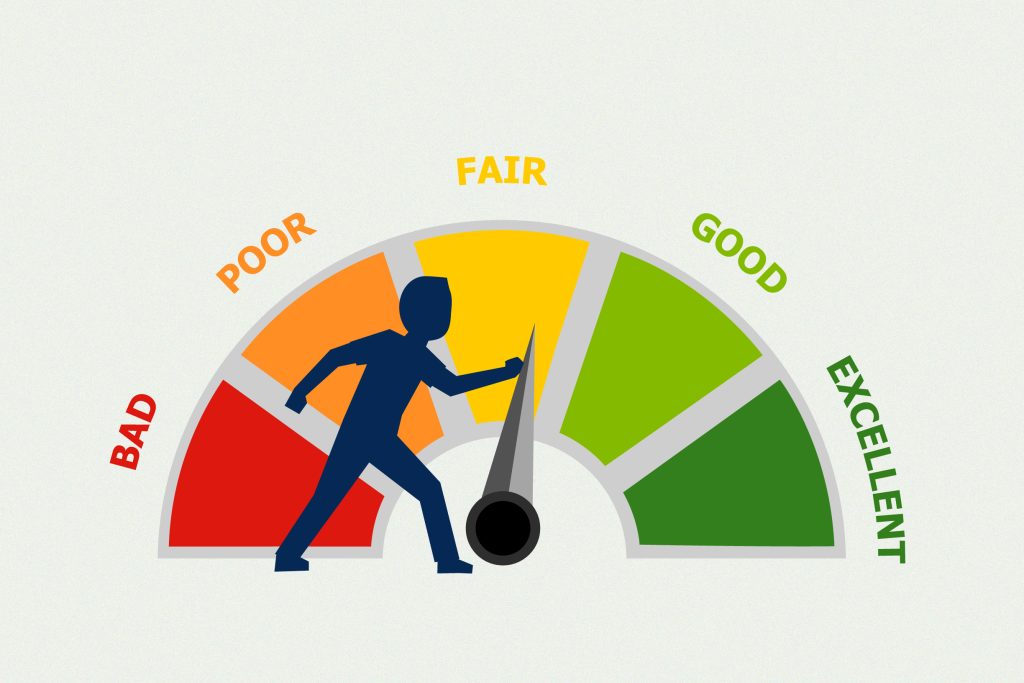Credit plays a vital role in modern financial systems, empowering individuals to make significant purchases, finance their dreams, and weather financial emergencies. For Filipinos, credit has become an integral part of their financial lives, shaping how they manage their expenses and achieve their long-term goals. In this article, we will delve into the impact of credit on Filipinos’ financial lives, exploring its benefits, downsides, and implications for the Philippine economy. We will also touch upon credit management, factors affecting creditworthiness, and the future of credit in the country.
Understanding Credit and Its Importance
What is Credit?
Credit is a financial arrangement that allows individuals to borrow money or access goods and services with the understanding that they will repay the borrowed amount over time, usually with interest.
How Credit Scores are Calculated
Credit scores, represented by three-digit numbers, are a measure of an individual’s creditworthiness. They are calculated based on various factors, including payment history, credit utilization ratio, length of credit history, credit mix, and new credit applications.
The Role of Credit in Financial Transactions
Credit plays a crucial role in enabling various financial transactions, such as buying a home, purchasing a car, funding education, and even starting a business. It provides the necessary financial flexibility to meet immediate needs without relying solely on savings.
Credit in the Lives of Filipinos
Credit Penetration in the Philippines
In recent years, credit penetration in the Philippines has been on the rise. With increased access to credit cards, personal loans, and other financial products, Filipinos have more opportunities to manage their finances and pursue their aspirations.
The Impact of Credit on Daily Expenses
Credit has transformed the way Filipinos handle their day-to-day expenses. With credit cards and digital financing platforms, individuals can manage cash flow efficiently and cover emergency expenses without disrupting their budget.
Credit Usage for Big-Ticket Purchases
For significant purchases like real estate or vehicles, credit plays a crucial role. It allows Filipinos to acquire assets and spread the cost over time, making homeownership and car ownership more attainable.
Loans and Credit Card Debt
While credit offers many advantages, it also comes with the risk of accumulating debt. Managing loans and credit card balances responsibly is essential to avoid falling into a debt trap.
Factors Affecting Creditworthiness

Payment History
A crucial factor in creditworthiness is the payment history. Timely repayment of credit obligations positively impacts credit scores and builds trust with lenders.
Credit Utilization Ratio
The credit utilization ratio, which measures the proportion of credit used compared to the total available credit, is another significant aspect that affects credit scores.
Length of Credit History
The length of credit history shows how long an individual has been using credit, and a longer history often indicates greater creditworthiness.
Credit Mix
A diverse mix of credit types, such as credit cards, installment loans, and mortgages, can contribute positively to credit scores.
New Credit Applications
Frequent applications for new credit can raise concerns for lenders, potentially affecting credit scores negatively.
The Upsides of Good Credit

Access to Financial Products and Services
Having a good credit score opens doors to a wide range of financial products and services, including better credit cards, lower-interest loans, and favorable insurance rates.
Lower Interest Rates and Better Terms
Those with good credit often enjoy lower interest rates and better terms on loans, saving money in the long run.
Improved Chances for Employment
Some employers consider an individual’s credit history during the hiring process, especially for roles that involve handling finances.
The Downside of Poor Credit
Limited Access to Credit
Low credit scores can restrict access to credit, making it challenging to secure loans or credit cards.
High-Interest Rates and Fees
Poor credit often leads to higher interest rates and additional fees, increasing the cost of borrowing.
Impact on Employment Opportunities
A negative credit history can be a red flag for potential employers, potentially hindering career prospects.
Psychological Stress and Well-being
Dealing with financial difficulties and poor credit can cause significant stress and negatively affect mental well-being.
Credit Management and Financial Literacy
Tips for Building and Maintaining Good Credit
Building good credit requires responsible financial habits, such as making timely payments, keeping credit utilization low, and avoiding unnecessary debt.
Seeking Professional Financial Advice
For those struggling with credit management, seeking professional advice from financial experts can provide valuable insights and strategies for improvement.
The Credit Industry in the Philippines
Major Credit Bureau Players
In the Philippines, several credit bureaus play a crucial role in collecting and managing credit information for individuals and businesses.
Credit Regulations and Consumer Protection
To safeguard consumers, the credit industry is regulated, ensuring fair practices and protecting individuals’ rights.
Credit and the Philippine Economy
Role of Credit in Economic Growth
Credit availability and utilization play a significant role in driving economic growth and supporting business activities.
Credit’s Impact on Consumption and Investment
Consumer spending and investment often rely on credit availability, impacting various sectors of the Philippine economy.
Credit has revolutionized how Filipinos manage their financial lives, offering opportunities for growth, security, and convenience. However, it comes with the responsibility of responsible credit management to avoid potential pitfalls. As the credit landscape continues to evolve, staying informed and making informed decisions will be essential for individuals to achieve their financial goals.







